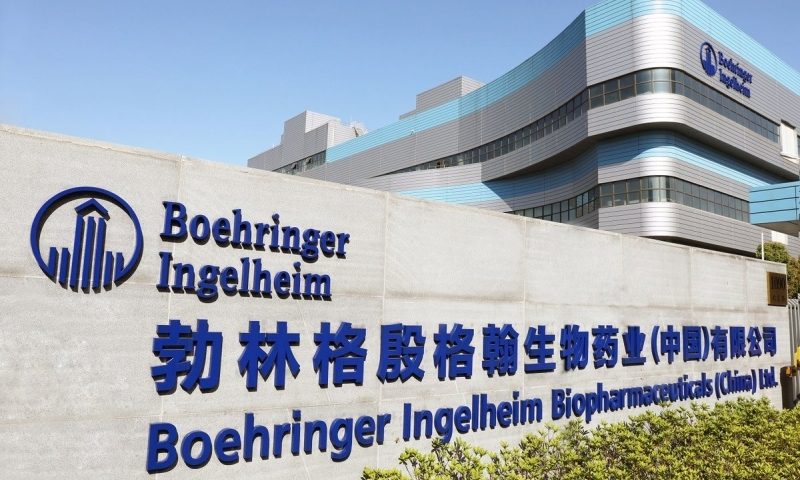German pharma Boehringer Ingelheim has decided it will no longer work on Zealand Pharma’s experimental diabetes therapy, leaving the biotech to think about next steps for the program.
The Danish biotech said it has been handed back the rights to an Amylin analog program from partner Boehringer, including “a once-weekly lead molecule.”
The original pact dates all the way back to 2014 and, incidentally, came after a reset and rethink of an older pact when the pair agreed to start over to develop a GLP-1 diabetes drug after they decided to part ways on a lead program.
Here, ZP2929, a once-a-day glucagon/GLP-1 dual agonist, was axed, with a new focus found. You can now add the Amylin program to that list of unwanted meds.
But not all ties have been cut: Boehringer will still be working on the once-weekly GLP-1/glucagon analog known as BI 456906, which has also been licensed from Zealand and is set for midstage testing.
Given its partner’s lack of zeal, Zealand Pharma will “decide on the next development steps for the Amylin analog program following a detailed evaluation,” it said in a statement. The pair gave no details as to why the pharma has axed work on the program.
“We have been collaborating with Boehringer Ingelheim on two candidates, both of which are potential treatments for obesity and Type 2 diabetes. We respect Boehringer’s decision to focus development on the GLP-1/glucagon asset, which will advance into Phase 2 development,” said Emmanuel Dulac, president and CEO at Zealand Pharma.
“We now regain the worldwide rights to the Amylin analog program, and are evaluating its development path within our pipeline. We are confident in the continued strong partnership with Boehringer Ingelheim and look forward to advancing the GLP-1/glucagon product with them.”

